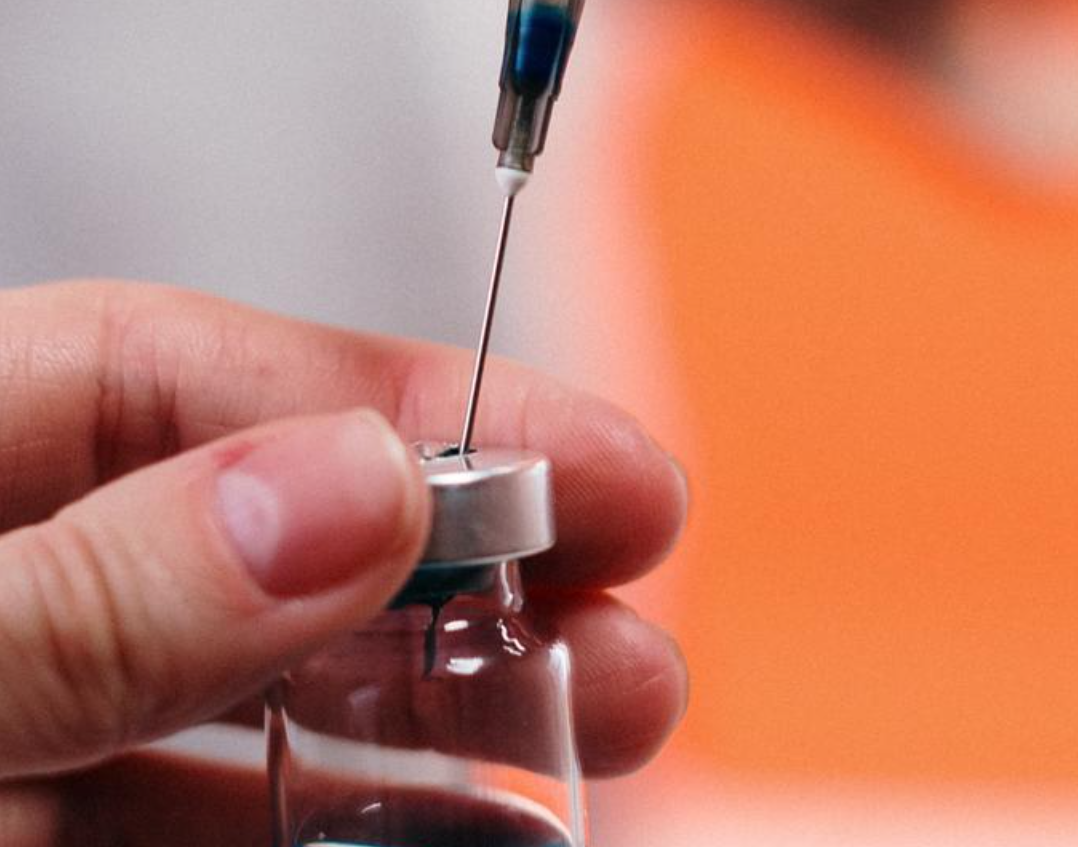Prevention
Vaccines
Vaccines are an important public health strategy to prevent pneumococcal disease. The emergence and transmission of antibiotic-resistant strains present ongoing challenges with respect to the treatment of pneumococcal disease. Prevention of pneumococcal disease by vaccination is an essential public health initiative in every country worldwide.

The use of vaccination coupled with other primary prevention strategies such as promoting good nutrition, reducing bacterial transmission, and reducing exposure to risk factors like smoke are effective ways of reducing the burden of pneumococcal infections.
There are currently three pneumococcal vaccines available, a ‘plain’ polysaccharide vaccine and two conjugated polysaccharide vaccines. These vaccines elicit an immune response that is targeted to the specific serotypes included in the vaccines.
Pneumovax23 or 23-valent pneumococcal polysaccharide-based vaccine (PPV23)
Licensed in 1983, by Merck in the USA.
Consists of 23 purified polysaccharides, responsible for close to 90% of the disease burden globally, namely:
1, 2, 3, 4, 5, 6B, 7F, 8, 9N, 9V, 10A, 11A, 12F, 14, 15B, 17F, 18C, 19F, 19A, 20, 22F, 23F, and 33F.
•Immunisation with this plain polysaccharide vaccine can reduce the incidence of invasive pneumococcal disease in older adults, however:
•It does not reduce the incidence of pneumonia, but can reduce the severity of disease in those vaccinated
•As a T cell-independent antigen, unconjugated polysaccharide does not reduce carriage, is not effective in children younger than 2 years (who are among the most vulnerable to infection), and does not elicit a long-lasting, bootable immunity.
Vaccination scheme: a single dose administered to adults 65 years of age and older, is recommended in many countries.
7-valent pneumococcal conjugate vaccine (PCV7)
PCV7 was the first pneumococcal conjugate vaccine to be licensed (produced by Pfizer) and was approved in the USA in 2000 for paediatric use.
PCV7 protected against disease caused by serotypes 4, 6B, 9V, 14, 18C, 19F and 23F, each polysaccharide conjugated to the CRM197 protein. PCV7 demonstrated high efficacy against invasive pneumococcal diseases in those who were vaccinated (direct protection) and resulted in significant population level immunity for those who were not vaccinated (indirect effect), because of the disruption of pneumococcal carriage and transmission among vaccinees.
PCV7 led to a significant reduction of pneumococcal disease due to vaccine serotypes, but disease due to non-vaccine serotypes significantly increased, a phenomenon known as serotype replacement. PCV7 was developed further to add an additional six serotypes, therefore the PCV7 has since been discontinued and replaced by PCV13 (produced by Pfizer).
Vaccination scheme: differs by country but typically 3 or 4 infant doses
10-valent pneumococcal conjugate vaccine (PCV10)
PCV10 (produced by GlaxoSmithKline) protects against serotypes 1, 4, 5, 6B, 7F, 9V, 14, 18C, 19F and 23F. In PCV10 the polysaccharides are conjugated to a nontypeable Haemophilus influenzae protein D (PHID-CV) except for serotypes 18C and 19F, which are conjugated to tetanus and diphtheria toxoids respectively.
PCV10 has been demonstrated to protect against invasive diseases and otitis media.
Vaccination scheme: differs by country but typically 3 infant and/or booster doses.
13-valent pneumococcal conjugate vaccine (PCV13)
PCV13 is the same formulation as PCV7, plus serotypes 1, 3, 5, 6A, 7F and 19A. This vaccine offers protection against more than 70% of the serotypes causing pneumococcal meningitis in African countries.
Vaccination scheme:
- Differs by country but typically 3 infant and/or booster doses
- Also recommended in some countries for vaccination of older adults with/without PPV23
Continued surveillance is required in order to assess the impact of vaccination programmes and also to identify changes in the prevalence of serotypes circulating within a human population.
Serotype replacement is a well-recognised consequence of the introduction of conjugate polysaccharide vaccines that only cover a limited number of serotypes.
Here we present a few of the current vaccines under development.
New formulations of pneumococcal conjugate vaccines in phase III clinical trials
|
15-valent conjugate vaccine
|
20-valent conjugate vaccine
|







